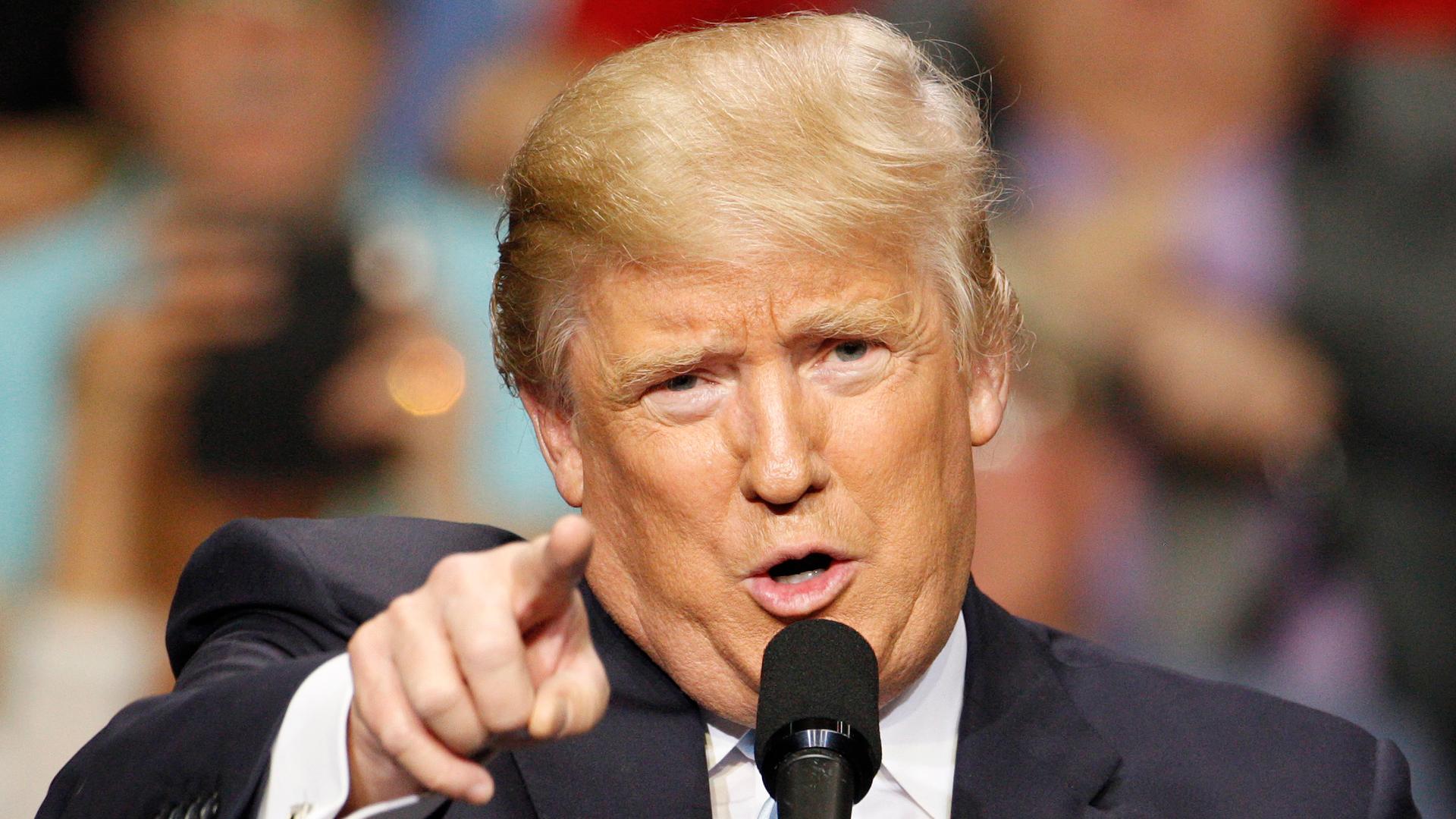An immigrant sociologist’s view of a Donald Trump rally
Republican presidential candidate, Donald Trump, speaks at a campaign rally in Fayetteville, North Carolina.
“I was curious,” says Zeynep Tufekci, explaining why she went to the Donald Trump rally in Fayetteville, North Carolina, on Wednesday.
Tufekci is an assistant professor of sociology at the University of North Carolina, and is also a fellow at Harvard's Berkman Center for Internet and Society.
“I study social movements,” says Tufekci, “and often what you see and hear in media reports after the event, is different to how it feels on the ground. So I wanted to experience that.”
“I also wanted to talk to people and see why they were there,” she adds.
Tufekci is also an immigrant. From Turkey, a predominantly Muslim country. “His campaign might deport me, or not let me back in,” she says, and laughs. “So I thought I should get a sense of what’s going on.”
Tufekci says she was not made to feel uncomfortable or threatened in any way. “But I don’t have the words ‘immigrant from a majority Muslim country’ written on my forehead. I look like a white American. So … I could just blend in.”
The rally itself was very energetic, says the scholar, and his 12,000 supporters seemed very enthusiastic. “(Trump) was a very competent stage manager. Better than I expected, at this craft. … He had command of the room and was in touch with the mood of the crowd.”
The constant interruptions by protesters seemed to Tufekci to be an integral part of the show.
Many of the people Tufekci spoke with expressed a sense of disenfranchisement; that no established politicians spoke for them or cared about them. “One of the first things I heard was that ‘nobody comes to Fayetteville.’ They thought that presidential campaigns just took them for granted.” Tufekci says her observation bears out research that indicates many of Trump’s supporters feel that they have no representation in government.
Jobs were also a key issue.
Tufekci says she has seen this phenomenon in many parts of the world. In right-wing response to these legitimate crises of representation and economic fears, she says, foreigners are often scapegoated. “It’s almost a text-book case of the rise of an authoritarian populist movement.”
She compares Trump to Russia’s Vladimir Putin, or Silvio Berlusconi of Italy.
However, Tufekci also noted a lack of organization at the rally, in terms of converting the enthusiasm of the crowd into a "turn-out the vote" machine.
“The rally made me think this is a strong movement, and that’s why it has potential in this country,” she says. “But the aftermath of the rally made me think, no, this is so dependent on one person’s charismatic connection with a crowd, there’s no organization behind it. So I don’t think he’s going to win the presidency.”
Every day, reporters and producers at The World are hard at work bringing you human-centered news from across the globe. But we can’t do it without you. We need your support to ensure we can continue this work for another year.
Make a gift today, and you’ll help us unlock a matching gift of $67,000!
